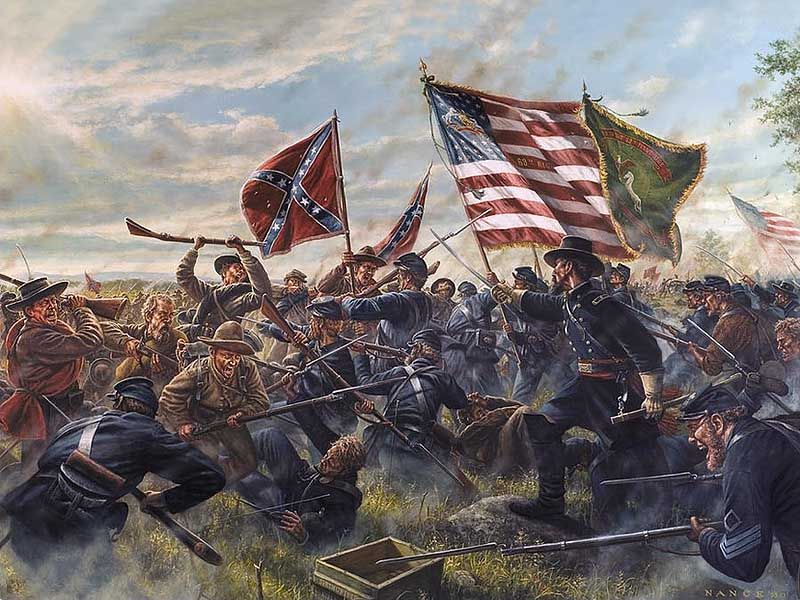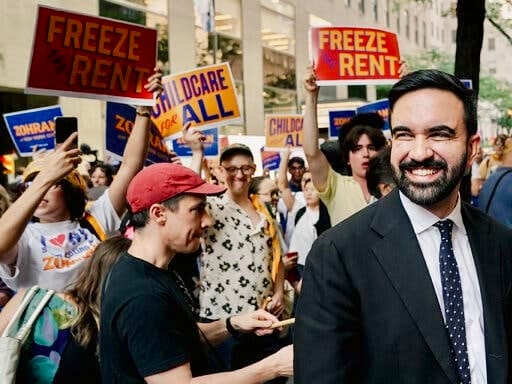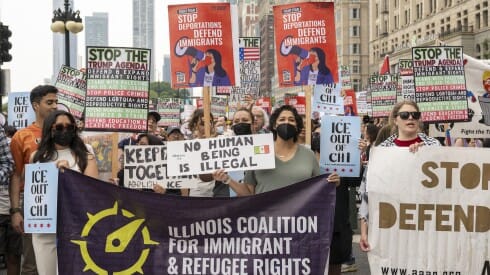Virus: In our hour of darkness. . .
Let’s take a walk on the sunny side of the street today.

Should I mention “sunny” when this is one of the darkest periods of American history?
But I say “one of,” not “the” darkest period of American history.
What was darker? There are several candidates.
Start at the beginning, 1776, when our Declaration of Independence was nearly quashed by the world’s most potent military force, which the Revolutionaries challenged. The baby of Liberty was nearly throttled in her cradle.
Americans suffered defeat after defeat after defeat. Gen. George Washington lost almost every battle, but bled and frustrated the British, denying them victory until they drank the cup of defeat.
To quote Bernie Sanders, that was “huuuge.”
I include slavery as a dark period, which led to our most dark period — as more than 600,000 Americans died at their own hands to remove the evil of slavery and establish the foreverness of the United States.
The next time the lights went out was the Great Depression. It broke America’s economy, but worse, America’s spirit, and it lingered for more than a decade.
The darkness of World War II ended the Depression, and also restored America’s can-do spirit. The ‘50s was probably the brightest decade America ever knew — the economy exploded, after Korea we were at peace, the middle class mushroomed, Freedom Rides awakened America’s conscience, as rock ‘n’ roll launched a brand of musical freedom that thrives more than 60 years later.
9/11 was the first time the homeland had been attacked by a foreign adversary, negating the safety our oceans had provided. I specify foreign, because we had been attacked by some home grown deviants.
And now, the Great Isolation, or World War III, I call it.
Yes, we had some panic hoarding of toilet paper, of all things, plus cleaning supplies and some foods. Granted.
At this moment of crisis, we could have turned against each other, as we did during the Civil War.
But we haven’t. As a matter of fact, the opposite happened.
People reached out to their neighbors.
When New York was drowning under a deluge of patients, thousands of retired health professionals raced to the Empire State to offer a hand, often risking their own health.
Instead of dog eat dog, as a society we have moved to protect the vulnerable — the elderly, the infirm.
People have become creative.
A child has a birthday, but no party because we can’t have crowds, so neighbors pile into their balloon-decorated cars and drive by the child’s home.
People gather outside the windows of rest homes to wave at the people inside, sometimes bringing dogs, bunnies or ponies for the people inside to look at.
Across America, people are applauding health workers, sometimes first responders doIng it from their emergency vehicles.
Those who can are making donations of time, money, or stocks of personal protective equipment they may have.
In our hour of darkness, there are shafts of light.



